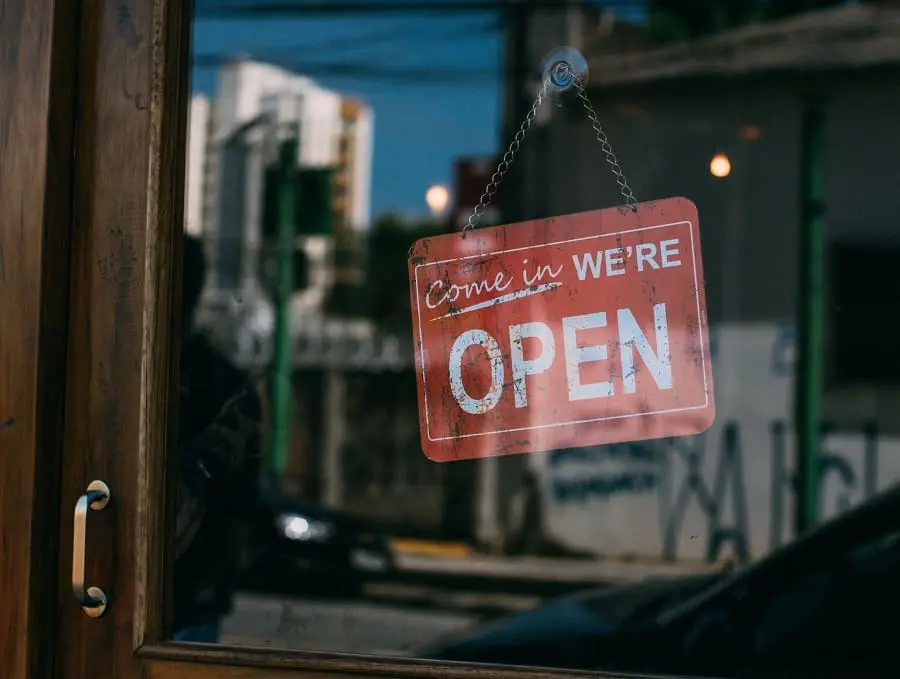With the UK facing different rules and lockdowns, there?s evidence that retailers are trying to overcome their significant challenges by becoming more agile and adapting where possible.
High Street Decline
Prior to the pandemic, those with bricks and mortar shops in UK high streets were already facing challenges.? Research from 2018 (Statista), for example, showed that there were more UK retail and leisure shops closing (50,828) when there were opening (43,278). UK high streets have been in noticeable decline since 2012 due to factors like changes in consumer behaviour (e.g. online shopping) although 2019 ONS figures showed that only 18 per cent of retail purchases in the UK were made online.? Other reasons for the decline of the high street include high rents and business rates combined with austerity-hit consumers.
Pandemic
Obviously, lockdowns have prevented many high street stores from opening and consumers have changed their behaviour. This has led to many high street businesses closing.? For example, Local Data Company and PWC UK?research shows that 11,120 chain operator outlets (a record number) closed in the first half of 2020 due to the pandemic.? Also, consumers have now revised their shopping habits to reflect the changes in their needs and wishes, which were re-shaped by the effects of COVID-19.
Adapting
Many retailers, however, have been lucky enough to find the means and a method to adapt to the drastic changes in the high street retail environment.? Some of the ways in which retailers are responding include:
– Using technology to reduce hygiene anxiety e.g. by creating contactless shopping like the Lush Lens app. Also, retailers have tried to create engaging high online-style experiences in high street shopping environments e.g. endless aisle and ?click and collect?.
– Retail hubs trying to build a sense of community to gain loyalty and footfall e.g. by selling sells products from local designers and craftspeople.
– Retailers seeking to change their lease terms to reflect their store turnover.
– A reduction in numbers of stores (for a chain) in favour of consolidated experiences stores in areas most likely to produce footfall for survival.
What Does This Mean For Your Business?
High street, ?non-essential? retail businesses and hospitality-based businesses have been hit extremely hard by pandemic lockdowns and regulations. Adapting not just for the immediate future, but with a view to dealing with longer-term uncertainty and changes in consumer behaviour has become a necessity for the survival of many high street retail businesses.? Necessity is often the mother of invention but in a changing situation where businesses have a primary service and position, the kind of agility required at the moment can be a tough call. Using technology differently to reflect current customer needs (contactless shopping + click and collect) can help but with customer movements and travel restricted, infection rates still rising, and many customers looking likely to shop online en-masse this Christmas, e-commerce and offering future experiences/services that can be ordered/prepaid in advance may be ways in which retailers can keep the lights on until restrictions are lifted sufficiently.


